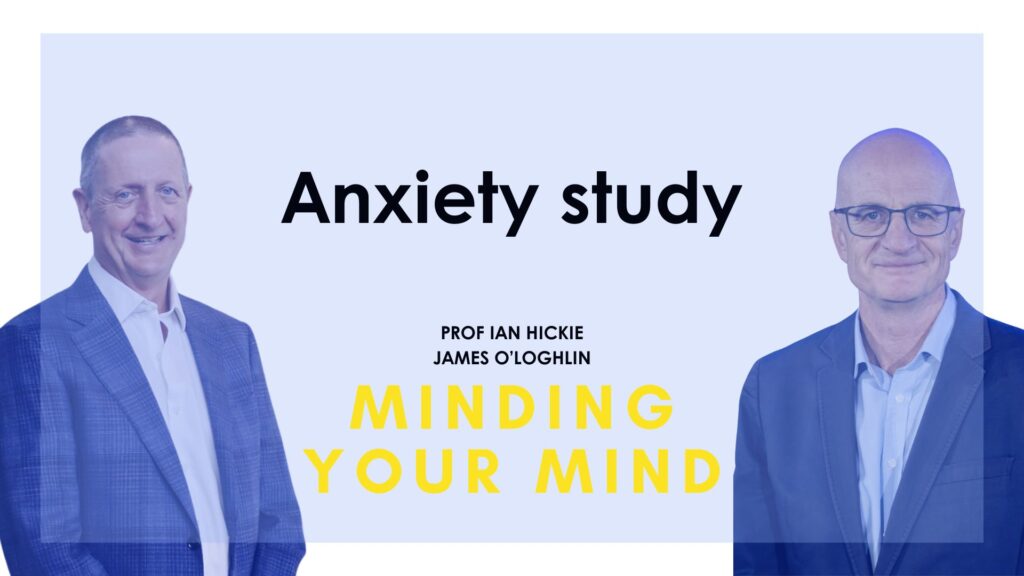The gastrointestinal tract is sensitive to emotional turbulence. Anger, anxiety, sadness, elation — all of these feelings (and others) can trigger symptoms in the gut.
The instinct to “go with your gut” or the sensation of “butterflies in your stomach”, are more than just feelings and thought to originate from what is now frequently referred to as the ‘second brain’ i.e. the enteric nervous system (ENS).1
The ENS controls various functions of the digestive system, and is essentially responsible for the movement of food through the digestive tract.2
But the ENS plays an important role in more than just digestion, it has bidirectional communication with the central nervous system i.e. the gut brain axis (GBA) links the emotional and cognitive centres of the brain with the gut and intestinal function.3
Though the ENS can’t work out maths equations or create elaborate designs, this extensive network uses the same chemicals and cells as the brain to help us digest and to notify the brain when something is not quite right.4
Interestingly, recent studies show that the connection between the gut, the enteric nervous system and the central nervous system is stronger than previously thought. Even changes in gut intestinal flora have now been linked to mental illnesses, such as depression, and some neurodegenerative diseases, including Alzheimer’s and Parkinson’s diseases.5
Furthermore, there is some evidence that irritation in the gastrointestinal system may send signals to the central nervous system (CNS) that trigger mood changes.1
Traditionally, it has been thought that anxiety and depression caused gut sensitivity symptoms, but recent studies suggest the reverse to also be true i.e. irritation in the gastrointestinal system can signal the central nervous system (CNS), triggering anxiety or depression.1
This may explain why a substantial percentage of people with IBS and functional bowel problems develop depression and anxiety.1
In fact, up to one-third of people with IBS also experience anxiety or depression. While gastrointestinal and psychological symptoms are both significant drivers for health-care use in people with IBS, living with the psychological symptoms seem to be more impactful on long-term quality of life.6
This is revolutionising medicine’s understanding of the links between digestion, mood, health and even the way we think.
Researchers say our two brains “talk” to each other, so therapies that help one may help the other.
Gastroenterologists may prescribe certain antidepressants for IBS, as these medications calm symptoms in some cases by acting on nerve cells in the gut. Psychological interventions like cognitive behavioural therapy may also help to ‘improve communication’ between the big brain and the brain in our gut.1
If you have been diagnosed with or treated for an anxiety disorder, you might be interested in taking part in a study aimed at identifying the genes influencing a person’s risk of developing anxiety and how well treatments work.
Cracking the genetic code of anxiety disorders will allow the development of new, and more effective, personalised treatments able to target anxiety disorders more directly.
To register for the study, head to: livingwithanxiety.org.au or lwa@qimrb.edu.au
References:
1. John Hopkins Medicine. The Brain-Gut Connection, 2025 [Available from: https://www.hopkinsmedicine.org/health/wellness-and-prevention/the-brain-gut-connection].
2. Chanpong A, Borrelli O, Thapar N. Recent advances in understanding the roles of the enteric nervous system. Fac Rev. 2022;11:7.
3. Ashique S, Mohanto S, Ahmed MG, Mishra N, Garg A, Chellappan DK, et al. Gut-brain axis: A cutting-edge approach to target neurological disorders and potential synbiotic application. Heliyon. 2024;10(13):e34092.
4. Harvard Medical School. The Gut and the Brain, 2017 [Available from: https://hms.harvard.edu/news-events/publications-archive/brain/gut-
brain#:~:text=The%20enteric%20nervous%20system%20that,brain%20when%20something%20is%20amiss].
5. Chaudhry TS, Senapati SG, Gadam S, Mannam H, Voruganti HV, Abbasi Z, et al. The Impact of Microbiota on the Gut-Brain Axis: Examining the Complex Interplay and Implications. J Clin Med. 2023;12(16)
6. Staudacher HM, Black CJ, Teasdale SB, Mikocka-Walus A, Keefer L. Irritable bowel syndrome and mental health comorbidity – approach to multidisciplinary management. Nat Rev Gastroenterol Hepatol. 2023;20(9):582-96.









